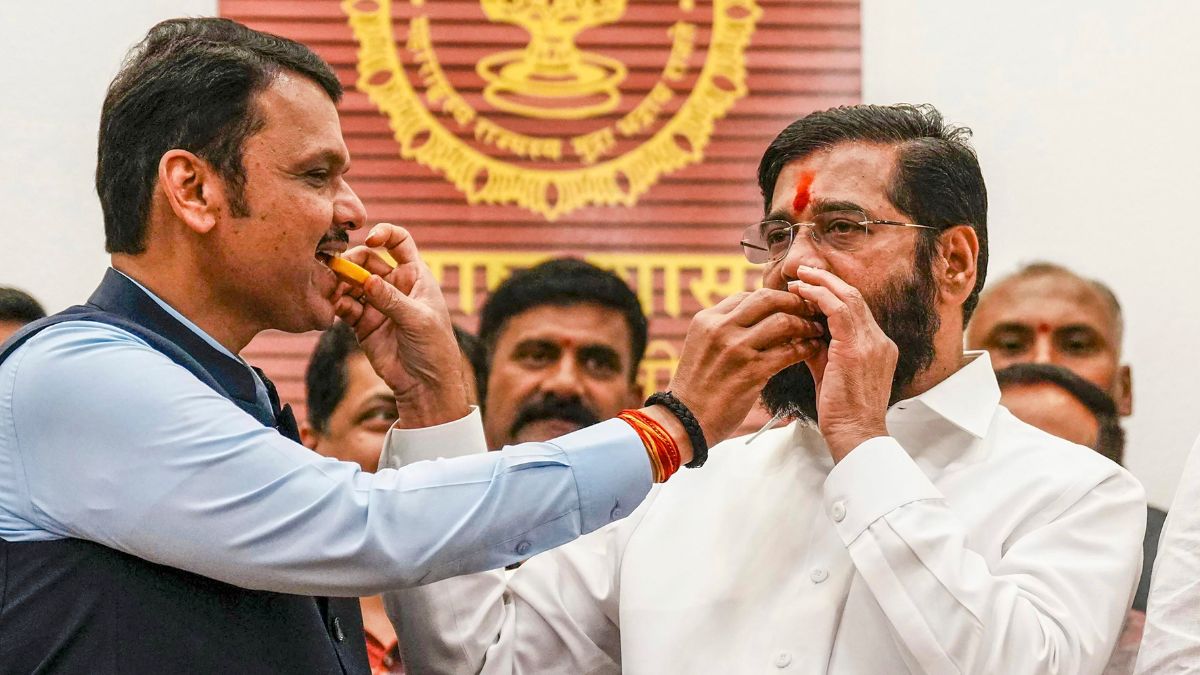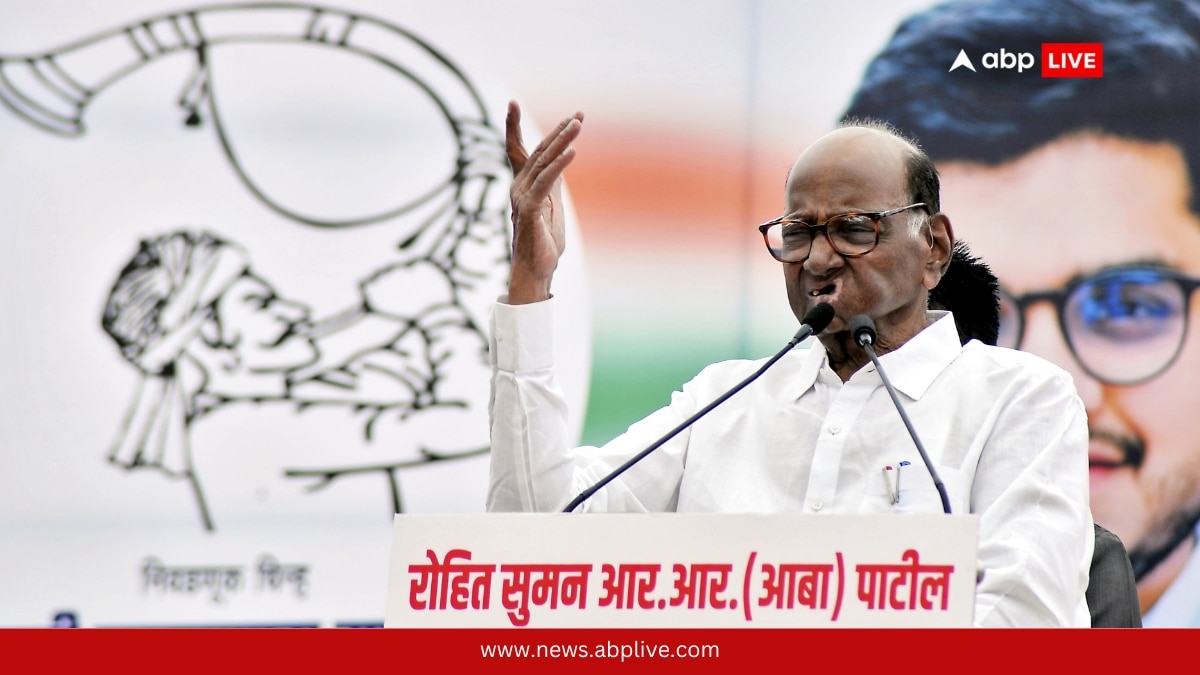
I love arguing about politics. Actually, I love arguing about anything. It is how we test our thoughts to see how much strain they can bear.
It is how we learn to think better — more clearly, more consistently, more thoroughly. Politics is especially interesting because it is just so darned complex, and it affects all our lives in ways that are impossible to comprehend fully. And that means, the only way to understand political issues better is to discuss them with others, especially with those who see things differently.
Yet, we are living in a time when political discussions among people who have fundamental disagreements are likely to turn mean and spiteful, leading people to avoid political discussions. The result is that we are becoming more polarized, not just in our nation, but in our communities, our workplaces and our families. People are also reading.
.. Recap: Here's how Joey Graziadei will win 'Dancing with the Stars' Zitel bound over to district court in death of child They fell in love with Beatrice.
So they opened a store in downtown. At the courthouse, Nov. 16, 2024 Kidnapping in Nebraska prompted police chase that ended with 3 dead on I-29 in Missouri Chamberlain among seven inducted into Nebraska Baseball HOF Harmonizers to perform No change in bond amounts in child abuse death case Just Askin': Dana Holgorsen noncommittal on future, ranking a big week for Nebraska Athletics Historical society appoints board members, elects officers Inside Nebraska volleyball’s finishing kick for a Big Ten title: First up, Wisconsin Courthouse lighting ceremony planned for Sunday Believers bought airplane for dead preacher thinking he’d rise from grave to fly in it How one Virginia woman persevered through abuse, oppression in Christian 'cult' Beatrice High School first-quarter honor roll It is bad enough when neighbors or coworkers stop speaking to one another because of politics, but when family members can no longer be in the same room together, that’s a real shame.
It is not only bad for families; it is bad for democracy. Instead of banning or avoiding political talk during the holidays, a much better alternative is encouraging people to discuss whatever is foremost on their minds, provided that everybody agrees how to do so. One should go into any potentially divisive topic saying, “Here is how it seems to me,” and asking, “How does it seem to you?” Keep in mind that children pay much more attention to how adults talk to each other than what they talk about.
Among the most formative experiences of my childhood were the many occasions I observed my mom and her younger brother arguing about politics during the holidays. Mom was a nurse, a union member, and a Democrat. Jack was a small business owner, a Navy veteran, and a Republican.
They argued about everything: civil rights, affirmative action, economics, smoking bans, speed limits, guns and abortion. She supported Hubert Humphrey, Jimmy Carter and Walter Mondale. He admired Richard Nixon and Ronald Reagan.
They each thought the other was stubborn, misinformed and, at times, irrational. But they were never mean to each other, and they each respected the other’s keenness to debate important topics. They looked forward to the family gatherings because it gave them someone to talk to who cared as much about our nation as they did.
I would sit at the dinner table fascinated by their conversation, doing my best to follow their reasoning. At times the argument would get heated. I remember once after the Thanksgiving meal my mother got up abruptly from the table.
She glared at him, her teeth clenched: “Jack, you make me so angry!” Then she turned and stomped into the other room. Later, when we were all saying our goodbyes, she gave him a hug as she said, “Drive safely. See you at Christmas.
” I learned so much from those exchanges, and most of what I learned was not fully understood until many years later. The first is that you can be angry with someone without hating them. The second is that being passionate about an issue is a sign that you care about it.
The third is that to argue effectively you need to listen closely to what the other person is saying. And the final thing I learned is that relationships matter more than anything else. A few years after graduating from college, I received a late-night call from my mother.
It was bad news. Jack had just died in a snowmobile accident. At every family gathering there will come a point when we are all sitting around, talking about the latest events, and my mom will shake her head and say, “I sure miss Jack.
” She misses him for many reasons, of course, but not least because he cared deeply about our family and our nation, and he expressed that care in practical ways. That is the essence of healthy politics. Conflict is an inescapable feature of life together, and children need to learn how to engage in conflict in ways that do not turn violent, that do not undermine trust and destroy relationships.
Right now, many Americans are not doing that very well. If you have children in your extended family, one of the best things you can do is to show them how to talk about politics with other family members openly, sincerely and lovingly. That does not mean without passion.
Avoiding political talk with those who disagree leads to greater polarization, and greater polarization inevitably results in groups of people who are more likely to turn to violence rather than persuasion to achieve their ends. If we wish to live in a society with democratic manners, we must begin by teaching those manners in our homes. The Ethical Life: Columns by Richard Kyte Richard KyteColumnist Richard Kyte Richard Kyte is the director of the D.
B. Reinhart Institute for Ethics in Leadership at Viterbo University in La Crosse, Wisconsin. His new book, “Finding Your Third Place: Building Happier Communities (and Making Great Friends Along the Way)," is available from Fulcrum Books.
He also cohosts "The Ethical Life" podcast . Lacrosse Get opinion pieces, letters and editorials sent directly to your inbox weekly!.














